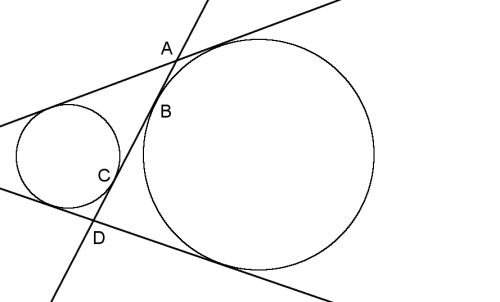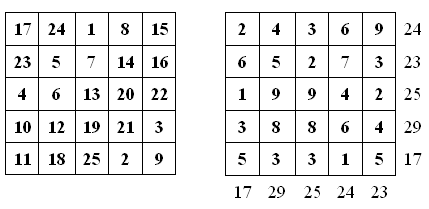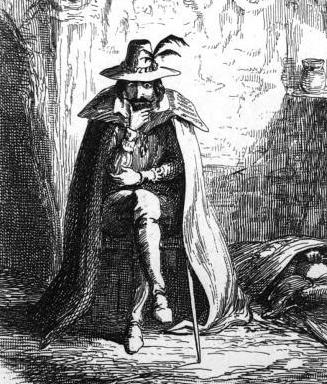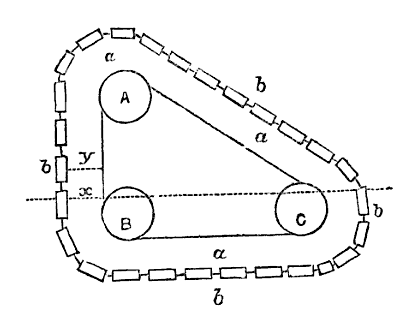Epimenides, a Cretan, says that all Cretans are liars. Is this a paradox? Not really: If we suppose that the statement is true then we’re led to a contradiction, but we can consistently suppose it to be false.
But, A.N. Prior writes, “We thus reach the peculiar conclusion that if any Cretan does assert that nothing asserted by a Cretan is true, then this cannot possibly be the only assertion made by a Cretan — there must also be, beside this false Cretan assertion, some true one. Yet how can there be a logical impossibility in supposing that some Cretan asserts that no Cretan ever says anything true, and that this is the only assertion ever made by a Cretan?”
Alonzo Church first raised this point in 1946: “Without factual information about other statements by Cretans, it has been proved by pure logic (so it seems) that some other statement by a Cretan, not the famous statement of Epimenides, must once have been true.”
The paradox, Prior writes, is that “such examination makes it seem possible to settle an empirical question on logical grounds.”




